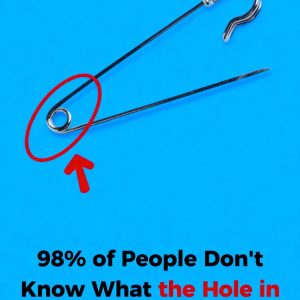In the fascinating world of puzzles and riddles, some questions are cleverly designed to lead your mind astray. A perfect example of this is the seemingly straightforward question: “You have 5 cows, 2 dogs, and 1 cat. How many legs do you have?” At first glance, it looks like a simple math problem, but underneath the surface, it’s a clever trick meant to deceive. Let’s break down the intricacies of this riddle and explore the art of deceptive questioning.
Understanding the Deception: A Closer Look at the Riddle
When presented with this question, your immediate reaction might be to calculate the total number of legs for all the animals mentioned: cows, dogs, and cats. This is exactly where the trap is set. By providing specific data about the animals, the question subtly shifts your focus from the real subject of inquiry—you.
To illustrate how this works, let’s first analyze the leg count:
Cows: Each cow has four legs. With 5 cows, that gives you 5×4=20 legs.
Dogs: Each dog also has four legs. For 2 dogs, that’s 2×4=8 legs.
Cats: A single cat has four legs, adding 1×4=4 legs.
Adding these together results in a total of 20+8+4=32 legs. But here’s where the deception comes into play. The question isn’t asking for the total number of animal legs—it’s asking, “How many legs do YOU have?”
The Real Answer: Two Legs
The true answer to the riddle is simple. As a human being, you typically have two legs. The question is about your legs, not the animals’. The mention of cows, dogs, and cats is nothing more than a distraction—a red herring designed to throw you off track.
This riddle exemplifies how easily our brains can be tricked by seemingly relevant information. Humans are naturally inclined to focus on the most immediate details presented to them, especially when a question appears to involve math or logic. This cognitive bias often leads us to overcomplicate the problem and miss the simpler, correct answer.
The Psychology Behind Deceptive Questions
Deceptive questions like this one work because they exploit our natural tendencies to process information quickly and make assumptions. When we hear a list of animals followed by a question about legs, our brain automatically associates the two, prompting us to count the legs of all the animals. This is a classic example of how context can influence our thinking, often leading us away from the correct answer.
Why We Fall for the Trap: Cognitive Biases at Play
Several cognitive biases contribute to our susceptibility to such riddles:
Anchoring Bias: This occurs when we rely too heavily on the first piece of information we encounter (in this case, the animals and their legs). This initial focus can prevent us from considering other possibilities, such as the question’s true intent.
Confirmation Bias: Once we start down the path of counting animal legs, we tend to seek out information that supports this approach, ignoring any hints that might lead us to reconsider the question.
Overthinking: Our brains often overcomplicate simple questions, especially when we expect a challenge. This tendency to overanalyze can blind us to the straightforward answer.
How to Avoid Falling for Deceptive Riddles
To avoid being deceived by such questions in the future, it’s essential to develop strategies for handling potentially misleading information:
Next time you encounter a question like this, remember to focus on the essentials—because sometimes, the answer is as simple as counting your own two legs.





